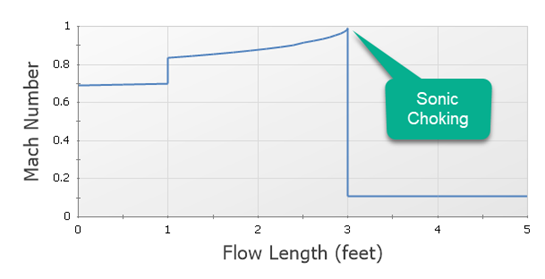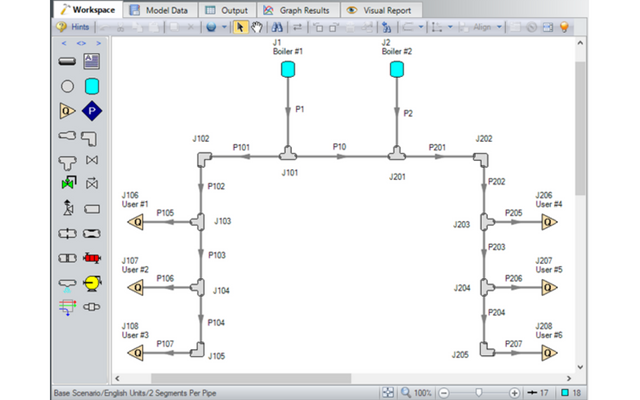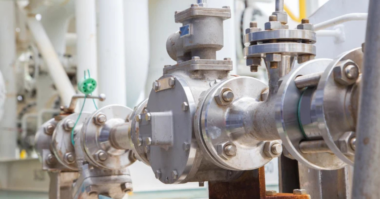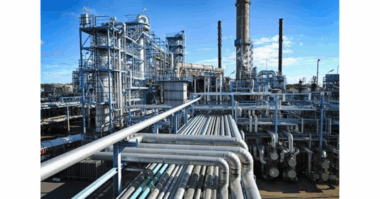It’s pretty hard to not love everything about AFT Arrow, Applied Flow Technology’s software that models, simulates, and analyzes any kind of gas that can be pumped through a piping system. The software can do anything from measure pressures to thermal analysis. We have been told it “saves a significant amount of man hours” on projects, and time and time again AFT Arrow continues to prove it’s worth around the world by matching data to help facilities expand and increase production.
Don’t take our word for it, you can check it out for yourself with a free demo (or even a full evaluation).
But in the meantime, here are the Top 3 features AFT Arrow users love about the software:
#1 Don’t Choke – Identify Sonic Choking
High velocity gas systems can be very complex. The effects of compressibility must be accounted for when balancing mass, momentum, and energy. Additionally, there is another limit gas flow can run into – the speed of sound. The behavior of gas flow changes dramatically when Mach 1 is exceeded – pipe friction causes subsonic flow to speed up, but supersonic flow to slow down. This effect prevents subsonic flow from exceeding Mach 1 in a piping system, known as sonic choking.
 Sonic choking is a very important effect to consider, as it effectively prevents an increase in flow for a certain upstream pressure. If more flow is required, this poses a problem in many systems. In some systems, sonic choking is used by design as a control feature. AFT Arrow includes the ability to detect and account for sonic choking with minimal user input – even at multiple consecutive locations.
Sonic choking is a very important effect to consider, as it effectively prevents an increase in flow for a certain upstream pressure. If more flow is required, this poses a problem in many systems. In some systems, sonic choking is used by design as a control feature. AFT Arrow includes the ability to detect and account for sonic choking with minimal user input – even at multiple consecutive locations.
This powerful ability allows an engineering to quickly identify potential issues in a system that may not be immediately obvious with more traditional methods.
#2 The sky’s the limit – Model Complex Networks with Dozens (or hundreds) of Pipes
It’s often difficult to analyze a system involving compressible flow and things become dramatically more complicated when there is branching and recombining flow. Mass, momentum, and energy must balance at every flow split – the effects of which impact the solution in the rest of the system. Every additional branch increases the complexity of a system … and how difficult it is to analyze.
Fortunately, AFT Arrow is available to help tackle this challenge! AFT Arrow allows the definition of an unlimited number of branching flow points and solves the entire system with fundamental compressible flow equations – not with estimations. An accurate solution is critical for complex systems. Rather than simplifying the system so it is easy to solve, use AFT Arrow to account for all the complexities!
# 3 Account for Real Gas Behavior
All mathematical models have certain limitations and simplifications. These are especially prevalent in the analysis of gas behavior. Perhaps the most well-known gas relationship is the Ideal Gas law.
This relationship greatly simplifies compressible analysis and works well in many applications. However, real gas behavior does vary from this model. The differences become more evident in more extreme cases with, for example, high temperatures, compressibility, or velocities. In these cases, it’s wise to use a more advanced Equation of State, such as Redlich-Kwong. However, while it’s one of the best methods to use, it’s clearly much more complex and difficult to apply.
But good news! AFT Arrow makes this application easy. The Redlich-Kwong method is the default in AFT Arrow, with the user also able to choose a constant compressibility, three-parameter, or ideal gas method as well. More accurate results are available with AFT Arrow more quickly than using a simplified model by hand.
Want to learn more about AFT Arrow? There are a few things you can check out:
- View the website. Check out the Product Page to view a short video or even view the extended list of features
- Watch the Introduction to AFT Arrow webinar or Download a Demo (note these demos are limited versions of the full software)
- As always, AFT is happy to provide personal live demonstrations. Just give them a call at 719-686-100 or email info@aft.com






